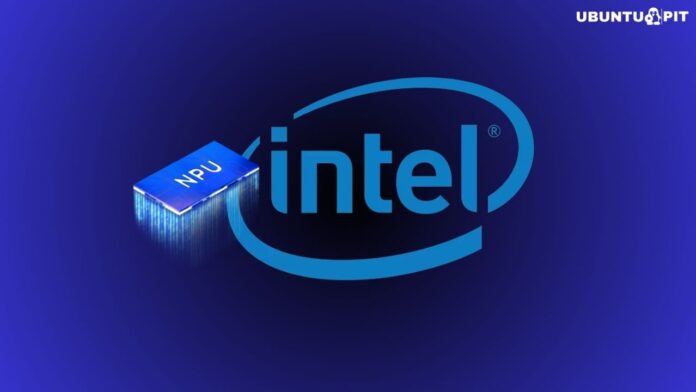The upcoming GCC 16 release will introduce a significant overhaul of the compiler’s diagnostic systems, aimed at providing developers with more powerful and readable code analysis. The enhancements, detailed by Red Hat’s David Malcolm at the GNU Tools Cauldron 2025 in Porto, Portugal, include a new experimental HTML output format, major usability improvements to the -fanalyzer static analyzer for C++, and the full rollout of hierarchical diagnostics for C++ templates.
A key feature is the new HTML output, which provides a rich, interactive visualization of compiler warnings. Enabled via the -fdiagnostics-add-output=experimental-html flag, this format can render execution paths and the state of memory as directed graphs. This allows developers to trace the precise sequence of events leading to complex issues like use-after-free errors, offering a level of insight not possible with traditional text-based logs.
Recommended Post: 24 Best Linux Compilers for Modern Developers
This release also standardizes its machine-readable output. The compiler’s custom JSON format has been removed entirely. In its place, the SARIF format is now the recommended standard, streamlining integration with modern analysis and CI/CD tools.
For C++ developers, GCC 16 delivers the first truly practical implementation of the -fanalyzer static analysis tool. Previously prone to false positives in C++ code, the analyzer now correctly handles core language features like exception handling and Named Return Value Optimization (NRVO). It also introduces new C++-specific warnings, such as -Wanalyzer-throw-of-unexpected-type. While known scaling issues remain on complex codebases, the improvements mark a major step forward for static analysis in C++.
Supporting these advancements are updates to the libgdiagnostics library, which now supports HTML output and directed graphs. Further experimental work is underway to integrate GCC diagnostics directly with IDEs using the JSON-RPC protocol, though this feature has not yet been merged for the GCC 16 release.
Those interested in the diagnostics work being done for next year’s GCC 16 compiler release can learn more via the presentation assets from GNU Tools Cauldron 2025.


